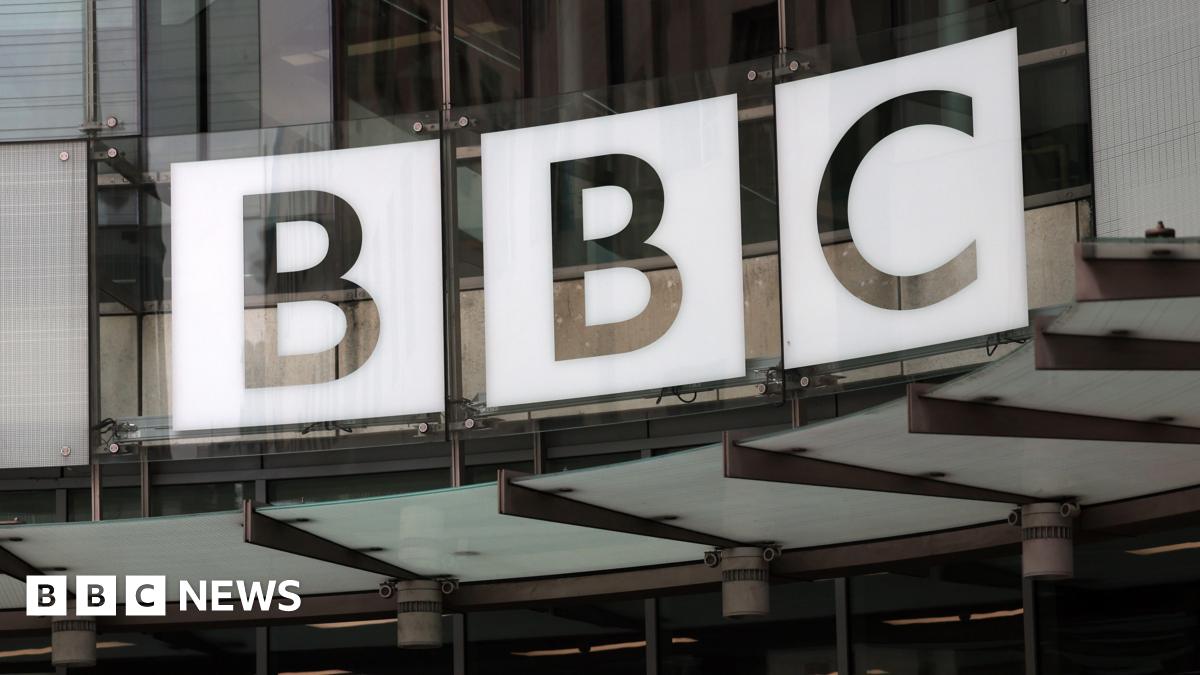It recently axed another documentary about the conflict, Gaza: Doctors Under Attack, because it said broadcasting it “risked creating a perception of partiality that would not meet the high standards that the public rightly expect of the BBC”.
Less than two weeks ago, at a packed screening at London’s Riverside Studios, hundreds watched it on the big screen, after it had been shown on Channel 4. I was there. The woman sitting next to me was in tears as the horrors unfolded on screen. She wasn’t the only one.
The BBC has said it first delayed running the Gaza: Doctors Under Attack film in light of the investigation into the other documentary. It then dropped it, deciding it could not run after its presenter went on BBC Radio 4’sToday programme and called Israel ‘a rogue state that’s committing war crimes and ethnic cleansing and mass murdering Palestinians’.
The filmmakers at Basement Films have pushed back on that. On Monday they said “the film was never going to run on BBC News and we were given multiple and sometimes contradictory reasons for this, the only consistent theme for us being a paralysing atmosphere of fear around Gaza”.
Whatever the true story about why it wasn’t shown on the BBC, that claim – that the BBC’s Gaza coverage is compromised by fear – is just as damaging. The BBC refutes it, but in some quarters, it appears to be taking hold.
In the screening room, Gary Lineker came onto the stage and said the BBC should “hang its head in shame” for not screening what he called “one of the most important films” of our time. He accused the BBC of bowing to pressure – and the audience noisily agreed.
Reporting the Israel-Gaza war has tested the BBC almost like never before. One insider said to me that neither side wants impartial reporting, what they want is partisan reporting. But, from all sides, the BBC has come under fire.
The BBC says it is “fully committed to reporting the Israel-Gaza conflict impartially, accurately and to the highest standards of journalism”. It also says “We strongly reject the notion – levelled from different sides of this conflict – that we are pro or anti any position”.
Two years ago the annual report was overshadowed by the Huw Edwards crisis, last year it was the Strictly allegations, this year it is not one but three stories.
The most important job for a director general is to secure charter renewal and the BBC has a strong story to tell and sell. But the difficulty for Tim Davie is that no matter how loud he bangs the drum for the BBC and its future, it is hard to be heard over with the din of crisis.
